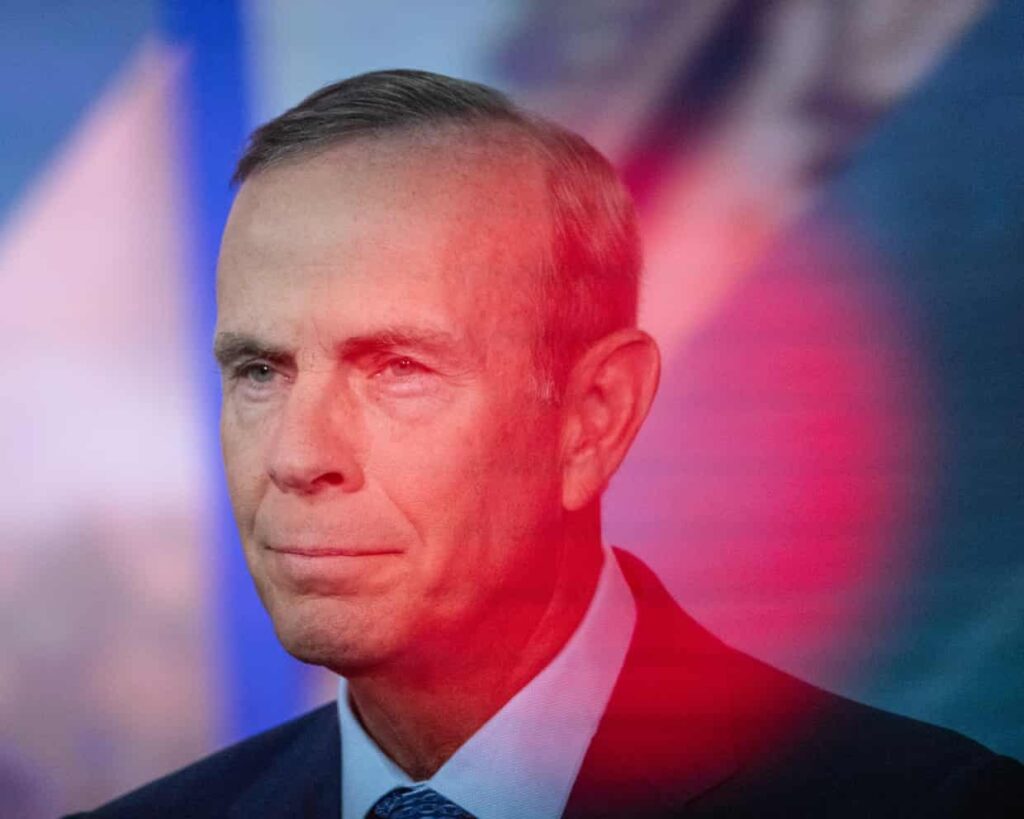
UPDATE: In a provocative statement, Chevron CEO Mike Wirth has called on Australia to adopt policies similar to those in the United States to attract more fossil fuel investments. This urgent plea comes after Chevron reported an astounding $9 billion in earnings over the past six months.
During an exclusive interview with The Australian, Wirth expressed frustration over Australia’s current regulatory environment, arguing that the nation could boost its competitiveness by emulating the US and the Middle East—a move he believes would enhance investment opportunities in fossil fuels.
Wirth’s comments follow a private meeting with Australian Deputy Prime Minister Richard Marles, where he outlined his vision for a more favorable investment climate. He emphasized that Australia’s rising operational costs, driven by environmental litigation and new tax regulations, are hindering growth.
Officials report that Chevron has faced escalating expenses in Australia, attributing this to legal challenges from environmental groups and changes to the Petroleum Resource Rent Tax (PRRT). In a significant shift, Chevron is expected to be liable for PRRT payments this year after previously not contributing.
Despite the criticisms, Wirth insists that these regulatory changes are detrimental to fostering a robust energy sector in Australia. He stated, “Our view on the proposed changes is that they are proportionate and will not curtail future investment.” This statement comes amid ongoing debates about the country’s energy policies and their implications for climate change.
While Wirth advocates for a more US-like approach, critics raise concerns about Chevron’s environmental record. The company’s Gorgon LNG plant in Western Australia is currently the largest emitter of greenhouse gases in the country, drawing scrutiny from climate action groups. These activists argue that Chevron’s commitment to reducing emissions intensity does not align with its continued expansion in fossil fuel markets.
As Chevron seeks to defend its business model, experts like Alex Hillman from the Australasian Centre for Corporate Responsibility argue that the challenges facing fossil fuel companies are not solely due to regulations. Hillman emphasizes that renewable energy sources are increasingly outcompeting LNG, presenting a real threat to traditional fossil fuel investments.
This unfolding situation raises critical questions about Australia’s energy future and its alignment with global climate goals. As Wirth pushes for changes, the implications for both the environment and the economy are profound.
Moving forward, all eyes will be on the Australian government’s response to Chevron’s demands and how this might influence future energy policies. With the world increasingly focused on sustainable energy solutions, the debate surrounding fossil fuels in Australia is set to intensify.
Stay tuned for more updates on this developing story.






